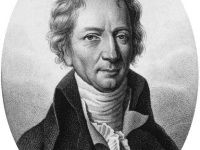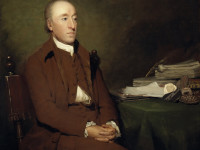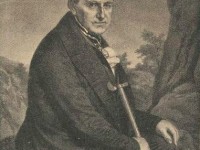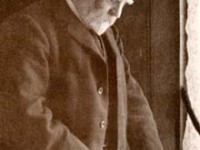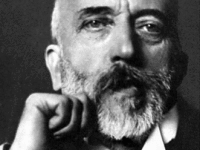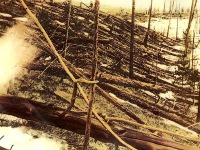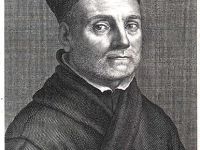Deodat de Dolomieu and the Love for Rocks
On June 23, 1750, French geologist Déodat Gratet de Dolomieu was born. He is best known for his field research in mineralogy. The mineral and the rock dolomite and the largest summital crater on the Piton de la Fournaise volcano were named after him. Déodat de Dolomieu, a Non-Actualistic Catastrophist Déodat de Dolomieu grew up in the Alps of southeastern France and showed early interest in his surrounding nature. However, he started a…
Read more

